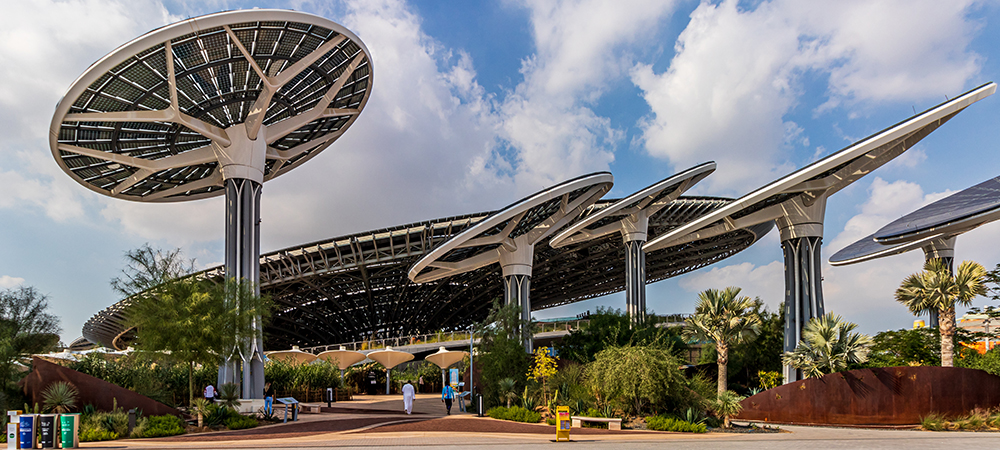AVEVA is demonstrating at COP28 how leveraging data can accelerate the path towards a sustainable future, how digital solutions can minimise CO² emissions while maximising efficiency, and deliver measurable cost savings that can be reinvested in clean technologies.
As a driving force toward a more sustainable world, COP28 is a milestone moment for the world to take stock of its progress on the Paris Agreement. The Conference of the Parties to the UN Framework Convention on Climate Change is an international climate summit, which is held annually unless the Parties decide otherwise. At COPs, world leaders gather to work together on solutions to tackle climate change. There are now 198 Parties to the Convention, constituting near universal membership.
The United Nations Climate Change Conferences are the world’s highest decision-making body on climate issues and one of the largest international meetings in the world.
The host of the 28th United Nations Climate Change Conference, or Conference of the Parties, COP28 will be the UAE. COP28 UAE will provide a milestone opportunity for the world to come together, course correct, and drive progress to keep 1.5C within reach, so we can meet the goals and ambitions of the Paris Agreement.
At COP21 in 2015, the world agreed to limit global warming to 1.5°C compared to pre-industrial levels by 2050. To remain on target, science tells us that emissions must be halved by 2030. There are only another seven years to meet that goal. COP28 UAE is a prime opportunity to rethink, reboot, and refocus the climate agenda.
COP28 UAE is expected to be a transformational moment for the world to unite around tangible climate action and deliver realistic solutions. The four pillars of the COP28 Presidency’s Action Agenda are fast tracking the energy transition, fixing climate finance, focusing on people, lives, and livelihoods, and underpinning everything with full inclusivity.
AVEVA @ COP28
COP28 UAE is taking place at Expo City Dubai from 30 November to 12 December 12, 2023. The conference is expected to convene over 70,000 participants, including heads of state, government officials, international industry leaders, private sector representatives, academics, experts, youth, and non-state actors.
AVEVA will demonstrate at COP28 how leveraging data in a connected industrial economy can accelerate the path towards a sustainable future. AVEVA is a gold sponsor of the International Chamber of Commerce pavilion within the Blue Zone of the United Nations Conference of the Parties, with the aspiration of building bridges between developed economies and the global south.
AVEVA’s leaders will highlight how digital solutions can minimise CO² emissions of existing industrial infrastructure while maximising efficiency across the value chain and delivering measurable cost savings that can be reinvested in clean technologies.
AVEVA’s delegation at COP28 will be led by CEO Caspar Herzberg along with Lisa Wee, Head of Global Sustainability; Harpreet Gulati, Senior Vice President, Head of PI System Business; Evgeny Fedotov, Senior Vice President, EMEA; and Nayef Bou Chaaya, Vice President MEA.
Digitisation
Every day, AVEVA customers prove that digitalisation enables industrial companies to drive measurable carbon reductions for traditionally energy-intensive industries. To move forward, the world must dramatically cut waste. The industrial sector accounts for a quarter of global emissions.
“Our ambition is to accelerate low-carbon innovation, and to drive circularity and efficiency across the value chain. We want the software we create to transform how industries are designed and how they operate, to accelerate climate action and reduce inequalities,” says Caspar Herzberg, CEO of AVEVA.
Harpreet Gulati, Senior Vice President, and Head of PI System Business at AVEVA, said: “Harnessing the potential of green hydrogen could avoid up to 80 gigatons of cumulative CO² emissions by 2050, contributing to as much as 20% of total abatement required to drive the net-zero economy.
The green hydrogen sector will require a new transportation, distribution, and regulatory approach to operate successfully as an alternative fuel. Combining this with the latest digital twin and AI-enhanced capabilities, industries can discover new paths to drive efficiency and decarbonise.
Nayef Bou Chaaya, Vice President MEA at AVEVA, said: “The positive impact our solutions bring to customers is our single biggest opportunity to make a difference in the world.”
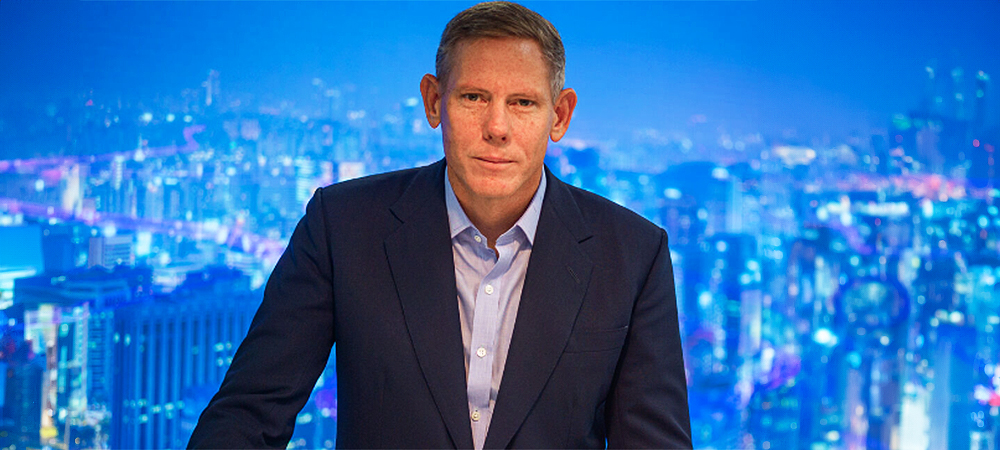
Partnerships and alliances
According to Lisa Wee, Head of Global Sustainability at AVEVA, the vendor wants to lead by example in the fight against climate change. AVEVA has already cut its scope 1 and 2 GHG emissions by 93% and is actively working to reduce the environmental impacts of its value chain.
AVEVA has made have made significant progress in delivering solutions that are low carbon by design and have in-built capabilities to enable industries to decarbonise, drive circularity and adapt to the impacts of global warming.
“Exchanging insights and forging partnerships with forward-thinking businesses, governments and civil society leaders is critical to finding solutions that increase the scale and scope of climate action across the globe. COP28 is the forum to have these discussions, given the breadth of stakeholders capable of contributing to our endeavour for decarbonisation,” says Lisa.
Evgeny Fedotov, Senior Vice President, EMEA, at AVEVA, added: “Collaboration is essential to driving efficient global value chains. Collective action is also essential to drive decarbonisation. This is why we want to be part of the conversation at COP28 to advance necessary and inclusive climate progress by building bridges across international communities.”
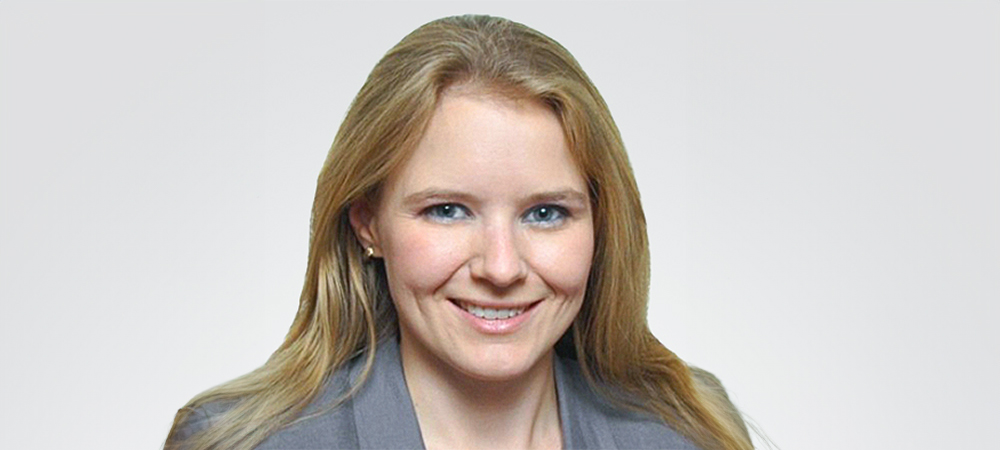
Microsoft and AVEVA
AVEVA expanded its strategic collaboration with Microsoft to further strengthen both companies’ data integration platforms and incorporate AI in key industries across the world. The agreement will see synergy between industrial cloud platform AVEVA Connect and data analytics solution Microsoft Fabric, which is currently in public preview.
The platforms are designed to streamline the process of collecting, transforming, and unifying data from various sources. They help gather data from different parts of an organisation’s operations, including manufacturing processes, supply chains, and other relevant systems.
AVEVA Connect and Microsoft Fabric can help pull together the complete data analytics platform for the era of AI. Organisations can access their complete data estate to unlock and accelerate data potential, empowering teams and transforming business.
This, in turn, can contribute to green software initiatives by providing a unified view of data from different stages of the manufacturing process, reducing waste, conserving energy, and improving overall efficiency and sustainability.
These platforms offer tools for data cleansing, transformation, and enrichment, making the data more consistent and useful for downstream applications and preparing data to power AI capabilities. Environmental impact can be reduced, and social responsibility increased through the efficiency and productivity AI applications bring.
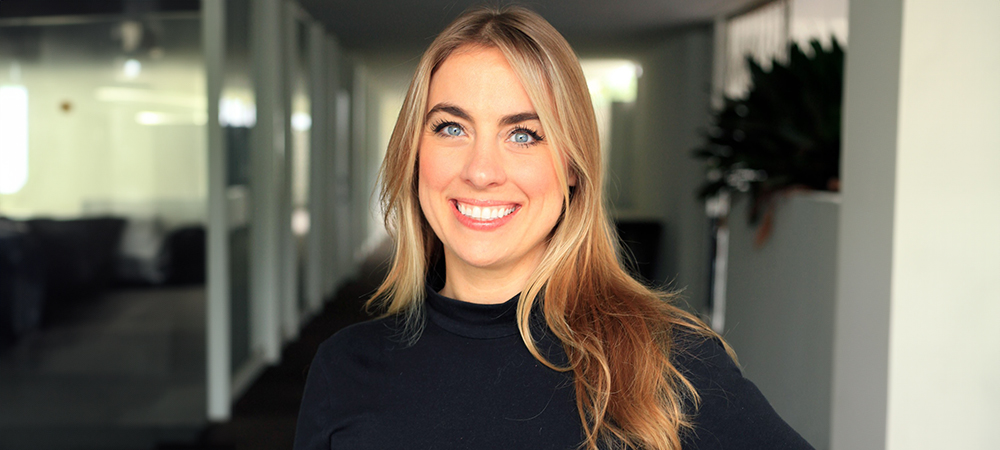
Managing AVEVA’s partnerships
Typically, when our customers come to AVEVA to help them on their sustainability journey, it starts with some of the challenges that they are up against. If you are looking at energy transition, a lot of our customers are asking how they should design and build new energy facilities faster. Or if it is emissions reduction, how do they actually operate their facilities in a more carbon neutral way.
Our partnerships are to help us broaden that ecosystem and work better. Partnering up with some of the greatest technology names in the industry is really helpful for us to broaden our strategy and ultimately serve customers better.
We usually try to keep the boundaries wide with our strategic alliances. We make sure we bring each other in where we need each other’s domain expertise. We jointly sell with Schneider Electric into some of our customer accounts and we sell to Schneider Electric, who actually use our technology in some of their industrial facilities.
They often embed AVEVA technology and integrate it with their existing technology stack as well. And so wherever we need to better serve our customers, we plug and play with our alliances.
We can feed a lot of our data and analytics into Azure to make it easier for customers to visualise that data at scale. With partners like Microsoft, it is more about ease of accessibility, ease of integration, ease of getting the right data to the right people at the right time.
Our technology partnerships are usually brought in based on the customer’s need. So if they are using a lot of Microsoft technology, we can help them get more value out of it as well.
One example of something that we work really closely with Microsoft is AVEVA Insight. It leverages Azure to consolidate and share that data with our customers in the cloud. We have joint solutions that we work with Microsoft on as well.
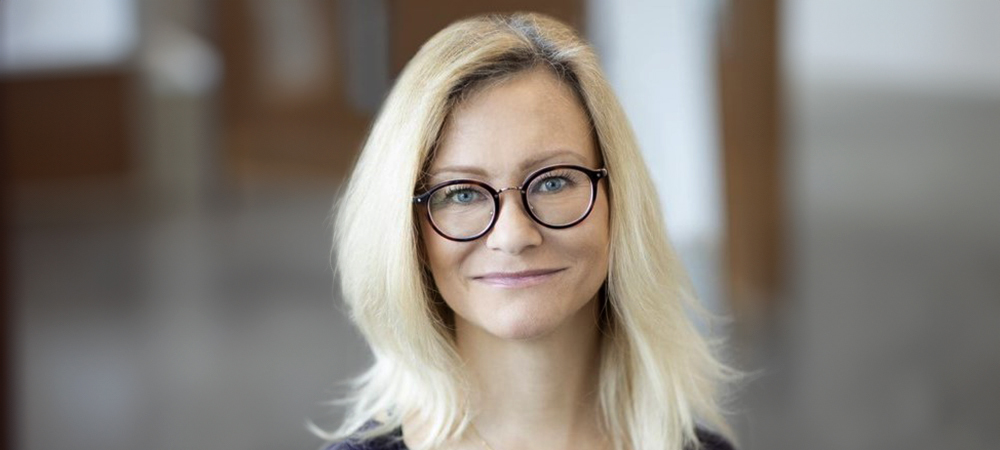
Sustainability and AVEVA software
There are at least three ways in which our software can help to achieve decarbonisation goals. The first one is to decarbonise and increase energy efficiency in existing plants, and switch to lower carbon intensity fuels and materials wherever relevant.
The second is working with an extended ecosystem, and connecting throughout the lifecycle of the asset. We see assets that have been enhanced, for example, green hydrogen, or biofuels. So the extended collaboration within and beyond the company, connecting very complex and new value chains, is the second challenge.
The third is to help scale new energies. The International Energy Agency estimates that we are going to have an investment of $4 trillion per year by 2030 in building out new capacities. We work with companies that already have solutions like wind or solar or biofuel.
But we also want to see new energies like green hydrogen, ammonia CCUS at scale, to get out of the prototype phase, and get them safely into commercialisation and industrial phase. Our software does that, to streamline the design, build, operate and optimise phases.
One of the highlights of AVEVA’s sustainable report is our sustainability strategy. We formulated our strategy into three pillars. It is operational footprint, technology footprint and an inclusive culture. These are the three ways for us to get to our sustainability journey.
On our software, we work with suppliers who have similar or stronger commitments, who care about sustainability like cloud providers.

